
Transport and Logistics courses in Hobart
Course providers in Hobart
The following providers offer Transport and Logistics courses in Hobart, Tasmania.




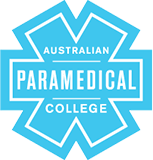




















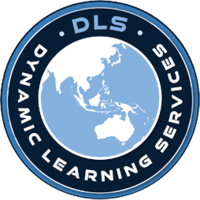





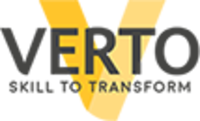




















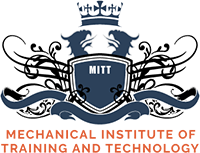












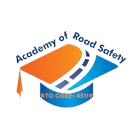













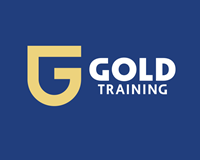
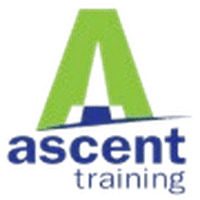

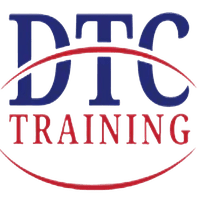



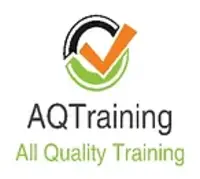


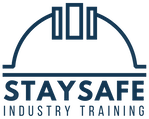
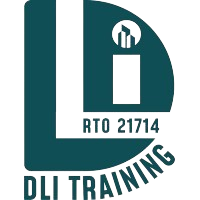
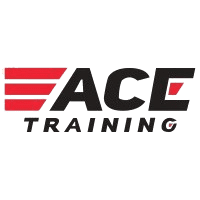
















Career Pathfinder
Skills shortages + AI Exposure
Discover in-demand careers and understand how each role may be impacted by AI and automation.
- See in-demand occupations across Australia
- Check AI Exposure ratings
- Compare training duration and average income
Choose a study area
Aviation and Piloting
Embarking on a career in aviation and piloting can be an exciting journey, and it all begins with taking the right courses. At Courses.com.au, you can...
- Survey Pilot
- Commercial Pilot
- Helicopter Pilot
- Flying Instructor
- IFR Pilot
- Airport Ground Crew
- Flight Attendant
- Airport Operations Manager
- Multi-Crew Pilot
- Freight Pilot
- Aircraft Maintenance Engineer
- Apprentice Aircraft Maintenance Engineer
- Aircraft Surface Finisher
- Aviation Manager
- Aerodrome Operations Supervisor
- Cabin Crew Supervisor
- Ground Operations Supervisor
- Air Traffic Controller
- Aviation Consultant
- Flight Dispatcher
- Aviation Maintenance Worker
- Skydive Pilot
- Agricultural Pilot
- Flight Examiner
- Flight Simulator Instructor
- Aviation Support Officer
- Helicopter Landing Officer
- Helideck Assistant
- Helideck Emergency Response Team Member
- Commercial Helicopter Pilot
- Marine Pilot
- View all
Driving and Transport
Are you interested in exploring a rewarding career in the Driving and Transport sector? This industry offers diverse opportunities for individuals loo...
- Truck Driver
- HGV Driver
- Bus Driver
- Tram Driver
- Monorail Operator
- Driving Instructor
- Forklift Driver
- Fuel Tanker Driver
- Fleet Manager
- Fleet Controller
- Transport Scheduler
- Patient Escort
- Non-Emergency Patient Transport Driver
- Non-Emergency Patient Transport Officer
- Patient Transporter
- Non-Emergency Medical Transportation (NEMT) Driver
- Driving Examiner
- Street Sweeper Driver
- Taxi Driver
- Fleet Service Assistant
- Vehicle Operator
- Taxi Captain
- Truck Operator
- Linehaul Driver
- Vehicle Driver
- Container Haulage Driver
- Transport Driver
- Mine Planner
- View all
Drones and Remote Piloting
Drones and Remote Piloting is an innovative field that offers exciting career opportunities in Australia. With the increasing use of drones across ind...
Logistics
If you're considering a career in logistics, Courses.com.au offers a comprehensive range of Logistics courses across Australia. With 63 courses listed...
- Logistics Manager
- Transport Coordinator
- Logistics Clerk
- Postal Worker
- Shipping Officer
- Logistics Officer
- Logistics Administrator
- Import/Export Manager
- Trade Manager
- Trade Manager
- Logistics Specialist
- Logistics Coordinator
- Logistics Planner
- Supply Planner
- Transport Manager
- Logistician
- Supply and Distribution Manager
- Ticketing Coordinator
- Air Cargo Examination Officer
- Logistics Supervisor
- Vehicle Operator
- Truck Operator
- Linehaul Driver
- Motorbike Courier
- Delivery Rider
- Container Haulage Driver
- Transport Driver
- View all
Maritime
Looking to embark on a rewarding career in the Maritime industry? Courses.com.au offers a comprehensive range of Maritime courses that cater to learne...
- General Purpose Hand
- Coxswain
- Second Engineer
- Chief Cook
- Sea Captain
- Chief Engineer
- Marine Mechanic
- Marine Engineer
- Boat Builder
- Shipwright
- Assistant Shipwright
- Engineer Watchkeeper
- Marine Surveyor
- Master Mariner
- Watchkeeper Deck Officer
- Deckhand
- Ship Mate
- Ship Master
- Naval Architect
- Marine Trimmer
- Marine Fabricator
- Marine Engine Driver
- Vessel Skipper
- Boat Master
- Vessel Engineer
- Marine Inspector
- Ship Surveyor
- Workboat Operator
- Fast Rescue Craft (FRC) Coxswain
- Offshore Lifeboat Coxswain
- Offshore Emergency Response Team (OERT) Leader
- Marine Supervisor
- Offshore Production Technician
- Marine Pilot
- View all
Rail
If you're looking to kickstart your career in the Rail industry in Australia, Courses.com.au offers a comprehensive range of Rail courses designed to ...
Warehousing
If you're considering a career in the Warehousing sector, you're in luck—Courses.com.au lists a remarkable selection of Warehousing courses to help yo...
Further reading


How to start a career in Logistics
14th October 2021
How to start a career in Warehousing
3rd November 2021More about Transport and Logistics courses
Hobart is a hub for Transport and Logistics training, offering a wide array of courses designed to meet the needs of aspiring professionals in the industry. With a total of 17 courses available, learners can choose from beginner to advanced levels tailored for those with varying experience. For beginners, popular options include the Certificate III in Commercial Cookery SIT30821, the Certificate III in Driving Operations TLI31222, and several licensing courses such as the Licence to Operate a Forklift Truck TLILIC0003 and the Licence to Drive A Heavy Rigid Vehicle TLILIC2016.
For those with prior qualifications seeking to advance their skills, Hobart offers courses like the Diploma of Business (Operations) BSB50120 and the Diploma of Automotive Management AUR50116. Higher education options, such as the Bachelor of Business, further enhance career prospects in this dynamic field. The emphasis on practical skills ensures graduates are well-equipped for various roles within the Transport and Logistics sector.
Students interested in specialised areas can explore specific categories, including Aviation and Piloting, Logistics, Drones and Remote Piloting, and Warehousing, among others. This diversity helps to match training outcomes with industry needs, allowing graduates to enter various job roles, including Inventory Controller, Freight Handler, and Warehouse Manager.
In Hobart, numerous job opportunities arise from the robust Transport and Logistics industry. With the right qualifications, individuals can progress to roles such as Logistics Clerk, Transport Coordinator, and Truck Driver. Those aiming for management positions may pursue a path towards becoming a Logistics Manager or Fleet Manager, ensuring effective operation within this vital sector.
For anyone keen on starting or advancing their career in Transport and Logistics, exploring the available courses in Hobart is essential. With thorough training provided by reputable institutions, students will find a clear pathway to their desired roles, from Bus Driver to Commercial Pilot. To learn more about the courses offered and how they align with your career goals, visit Transport and Logistics Courses in Hobart.

